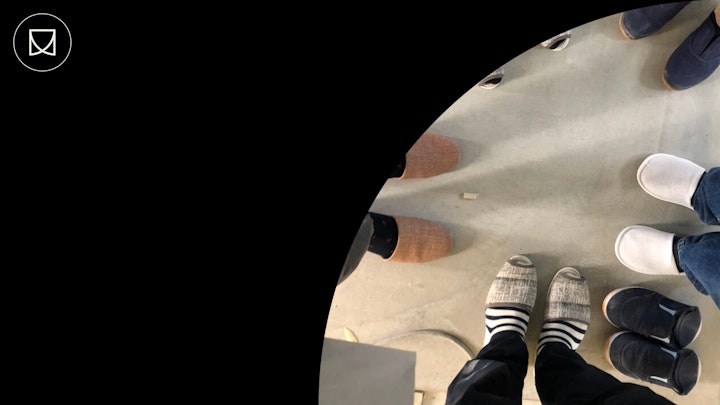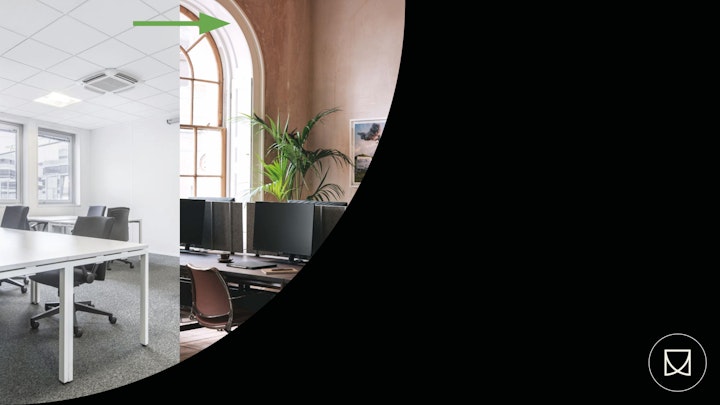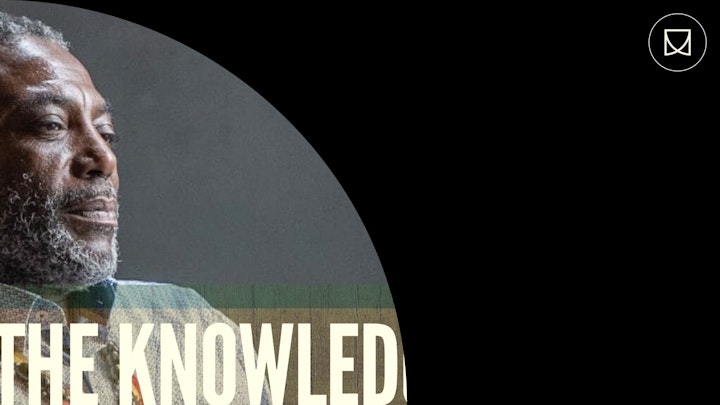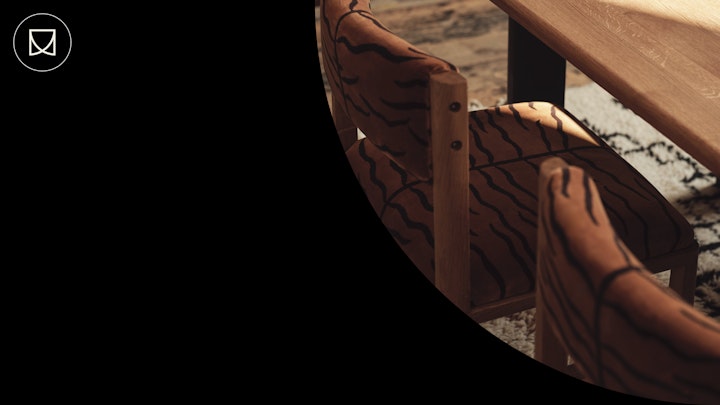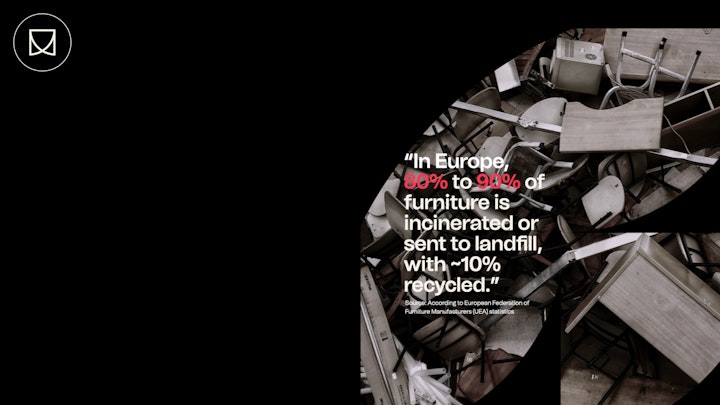To conclude my mini-series on 'what WeWork meant to me,' I share a story about our project design team's time together in Boston.
"As long as it's on the drawings, it's cool." - Ivan Kondoli
For some reason, I thought I would start this post with that quote from Ivan K, who, in 2013, was the construction manager for my first WeWork project in Boston. The buildings we worked on would be the first in the city as the company ramped their national expansion. Due to the project being a union labour contract, we had extra pressure to keep the costs low and stay on schedule. Negotiations with the GC were fierce, and every line item was scrutinised. We needed to make sure the design drawings had everything included for a successful opening, as it was unlikely that I would be able to change anything later down the line.
On top of that, our project team was the first to trial 'Revit' with a specialist Architecture and BIM company called Case. The goal was to create a complete set of construction documents to form the contract with the GC. Teething problems would be putting it lightly. The set had many mistakes, from dimension errors to missing details. As frustrating as it was, we had to keep moving, as time was never a luxury.
Note: WeWork later acquired Case in 2015, and that move was crucial in developing the tools and processes needed to scale the business into a global behemoth.
With all these technical challenges and being relatively new to the company, I was unsure whether it would all work out. Throughout my career, I was familiar with drawing all the details in CAD for my projects, which always gave me confidence that things were in order. In contrast, this situation seemed so bizarre. Plus, Ivan's voice rang in my head repeatedly, saying that if it's not on the drawings, then tough luck.
As we began construction (regular site visits, shop drawing review, etc.), I started settling down as I realised that the team I was part of was highly skilled and as passionate as I was to deliver a great product. We were all self-starters, hard-working, and refreshingly honest with each other. I learned a lot about the New York State of Mind, which I felt right at home with.
Don't get me wrong, I've always worked with honest folks who are passionate about design. However, in my experience, the company's corporate culture would act as an unspoken censor check. I guess that's just office politics, which is fine. The culture at WeWork was something different. It was my first time working in a team with a bond that went beyond the day job. There was no hesitation in going that extra mile to get things done, and no one was afraid to call you out if they felt something was wrong. It was like a flat family structure where everyone knew their role, and we figured it out together.
Being part of a team like this made the early starts and late nights worth it. We staged new locations all through the night, and make no mistake, we had fun doing it. I read a few times in the media something to the effect of 'the employees (us) were drinking the Kool-Aid that was being pushed by Adam Neumann and being sold a lie'.
From the inside, as a designer - I felt empowered yet accountable for my work. Also, I would argue that our development department was primarily responsible for creating and perfecting the Kool-Aid recipe Adam was selling.
One thing is for sure: We made the office an engaging environment, our designs became iconic, we created countless memories, and most importantly, we built it together.
Thanks for reading


